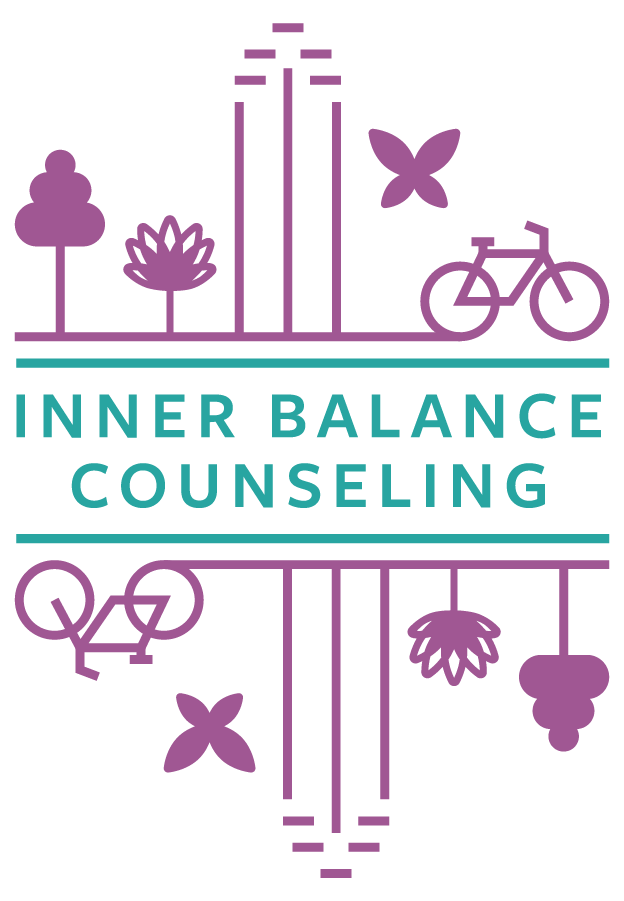Making Friends With Our Shadow
"The shadow" is a term rooted in Jungian psychology that describes the unconscious aspects of ourselves – the parts we deny, repress, or find uncomfortable. These aspects may include fears, desires, insecurities, and unresolved traumas. And your personal shadow could also include what might typically be considered positive qualities like generosity, vulnerability, or leadership. Becoming aware of and finding acceptance with our shadow is the first step towards a deeper level of self-awareness. Ultimately this awareness allows us to accept the parts of us that are incompatible with who we think we are or who we think we should be.
According to research by Carl Jung, your shadow, otherwise known as your unconscious self, influences how you operate in the world. Most of us spend a good bit of our lives avoiding looking at or understanding the parts of ourselves that we find unacceptable. This keeps us from having insight into our unconscious beliefs, our reactions and our relationship patterns. Therefore, by facing our shadows, also known as "shadow work," we gain mastery over them, ultimately leading to self-discovery and personal growth. By embracing the entirety of your being, we can more easily find lead self-acceptance and build a healthier relationship with ourselves.
The common purpose for shadow work are:
Exploring and understanding your past traumas
Identifying and overcoming your limiting beliefs
Examining patterns of behavior in your relationships
Without awareness of our shadow, we often stay stuck in limiting beliefs or we project upon other people. To quote Jung himself, "Everything that irritates us about others can lead us to an understanding of ourselves." As you're doing this work, you'll become more and more aware of the little things that trigger you in yourself and others—and why. So, keep an eye out. For example, if you notice that you always get extremely irritated by the person in the room who talks the most, it could be worth asking yourself if you've been ignoring or rejecting the part of you that wants to take up space. Then, instead of holding a secret grudge against that person, you can invite yourself to talk a little more. In the process you are becoming more whole, and also improving your relationships.
The Process of Shadow Work
Self-Reflection: Begin paying attention to what some of your emotions, reactions, and patterns are. What triggers you? What aspects of yourself do you avoid?
Identifying Shadows: Recognize the specific traits or behaviors you suppress. It could be anger, jealousy, or even positive qualities you don't feel worthy of expressing.
Curiosity: Explore these shadow aspects without judgment. Understand the origins and reasons behind them, fostering compassion for yourself.
Integration: Embrace and integrate the shadow into your conscious self. This doesn't mean accepting harmful behaviors but instead it means understanding how your shadow aspects want to show up. When you notice them, you can bring awareness and choose to acknowledge this part of you, but not react from it.
Tools for Shadow Work:
Journaling: Keep a reflective journal to explore your thoughts and emotions. Write about situations that trigger intense reactions and analyze them.
Meditation: Mindfulness meditation can help you observe your thoughts without attachment. This practice encourages self-awareness and detachment.
Therapy: A trained therapist provides a safe and supportive space for exploring the shadow. Therapists can offer insights and strategies to navigate the complexities of this process.
Some of the greatest lessons in our lives are the result of examining the parts of ourselves we hide away. When we allow ourselves into the deeper parts of our psyche through shadow work, we can meet life as a more authentic and integrated version of ourselves. While shadow work involves confronting painful and uncomfortable aspects of ourselves, it ultimately leads us to a more peaceful existence. Embracing the entirety of our being creates self-acceptance, promoting a healthier relationship with ourselves. .As Jung said, "There is no birth of consciousness without pain." Integrating our shadow can be a powerful catalyst for personal development, paving the way for a more authentic and fulfilling life.
If you'd like to explore shadow work in a supportive group setting, please join us on Thursday, March 7th at 7:00 pm for a free book discussion event. We will be discussing the book How To Befriend Your Shadow: Welcoming Your Unloved Side by John Monborquette. You can find more details here.
